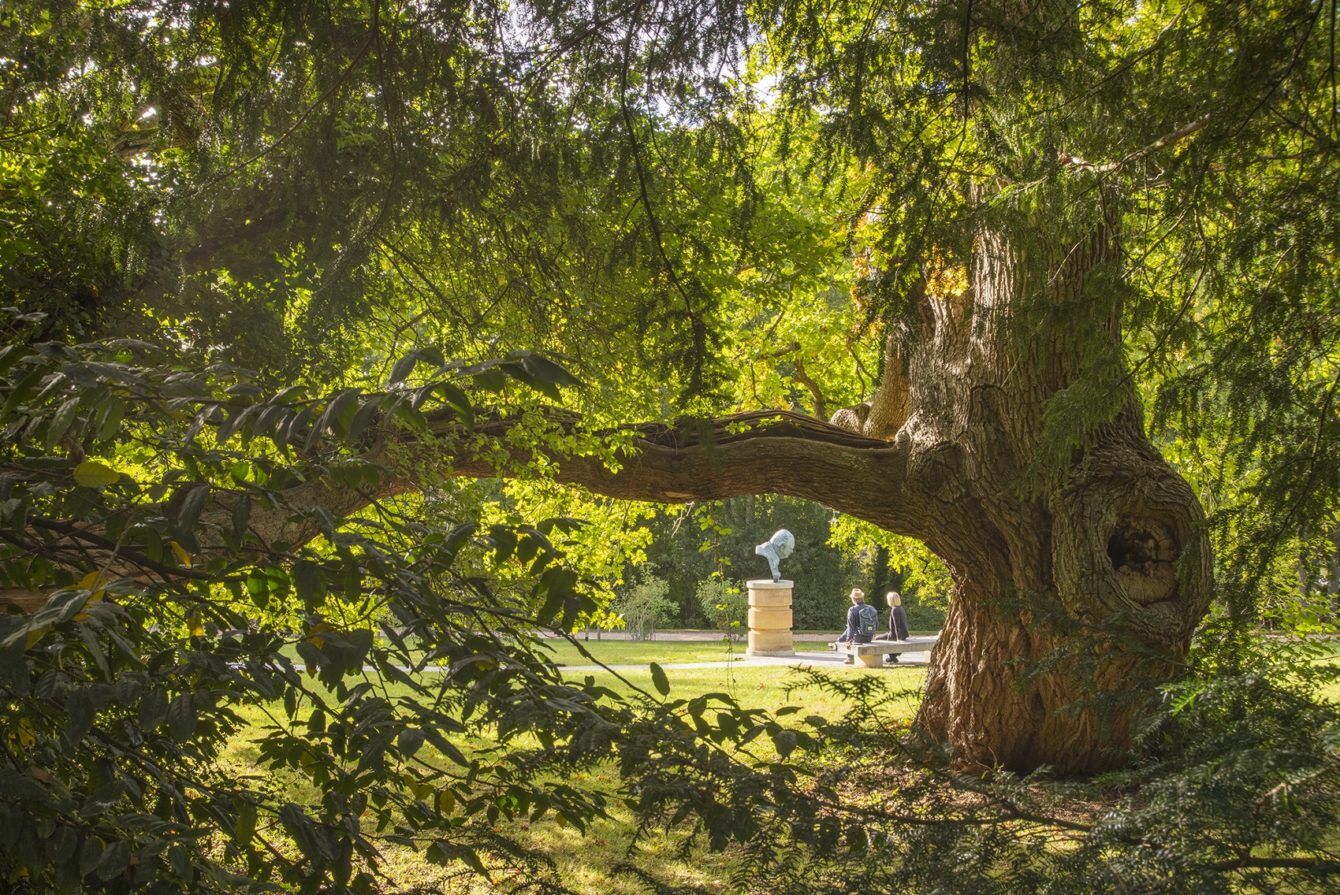Blenheim Pilots New Social Prescription Programme

Blenheim is piloting a new ‘social prescription’ programme aimed at addressing the mental distress, social isolation and physical inactivity caused by lockdown.
The six-week programme will see a group of volunteers take part in two-hour walks and mindfulness activities around the Oxfordshire estate.
Overall the project’s aim is to increase the participants, wellbeing by engaging them in social activities connected to nature and the great outdoors.
Activity trackers will monitor their progress and questionnaires will be used to gather data and assess its effectiveness.
Blenheim has partnered with Aspire, the Oxfordshire-based charity supporting homeless and disadvantaged individuals, the Eden Project and the University of Oxford on the project which is being funded by Research England.
“The pandemic has highlighted the urgent need to address issues of mental health and wellbeing as a matter of urgency,” said Blenheim’s Estates Director, Roy Cox.
“Increasingly people are looking at the benefits of ongoing interaction with nature and the natural world as an alternative to traditional medical interventions.
“By joining the natural resources of our land with the health service, our woodlands, green spaces and fresh air can begin to be prescribed as the most natural of health solutions
“Society is living longer and developing long term health conditions, which include mental health issues and loneliness. GP surgeries are struggling to cope when, as a nation, 20% of consultations are for matters of housing, employment and relationship breakdowns.
“Social prescribing is increasingly a government priority and as a landed estate, deep-rooted with the community, we are uniquely placed to respond,” he added.
Blenheim is hoping the results of the pilot will encourage other local community and health service organisations, including GP surgeries, to get involved with the scheme.
“The Natural Health Service is a key element of our land strategy and we’re very excited by its potential, but we need buy-in from local groups to really make it work,” said Roy.
“Hopefully the results of this pilot scheme will demonstrate the potential benefits and signal the start of a new approach to address some of society’s most pressing needs,” he added.
Blenheim’s Land Strategy covers five main areas; sharing the health and wellbeing benefits of land with local communities, creating a network of paths and cycle routes to promote green travel, valuing nature to create new income streams, demonstrating the role of carbon positive land in tackling climate change, and re-delivering economic gain from land.
Issued on behalf of Blenheim Estate. For more information please contact Gemma Else, Marketing Manager, Blenheim Estate, on 07702 472 938 or email gelse@blenheimestate.com.
About Blenheim Estate Land
At Blenheim Estate Land we know that our land is precious and finite, but cared for properly its benefits can be limitless. Yet today there are fresh challenges like climate change, an aging population and increasing urbanisation. So our approach – spanning a number of projects – needs to be as sophisticated, enduring and holistic as those issues we face.
By adopting new methods of valuing our natural capital we can view our land resources as part of an ecosystem. An ecosystem whose benefits extend to the air we all breathe, the green transport solutions that connect our communities, the physical and mental health we enjoy, and the quality of the food we consume.
At the pinnacle of our ambitions is the goal to become the first estate to demonstrate carbon-positive land management.
Ultimately, these projects form part of Blenheim’s Strategic Purpose; to be the lifeblood of the local economy, to enhance the lives of local people, and to share and protect this place.
At Blenheim Estate we believe the bounty from our land is more than the annual harvest, it’s the fundamental source of continued prosperity, renewal and wellbeing.



